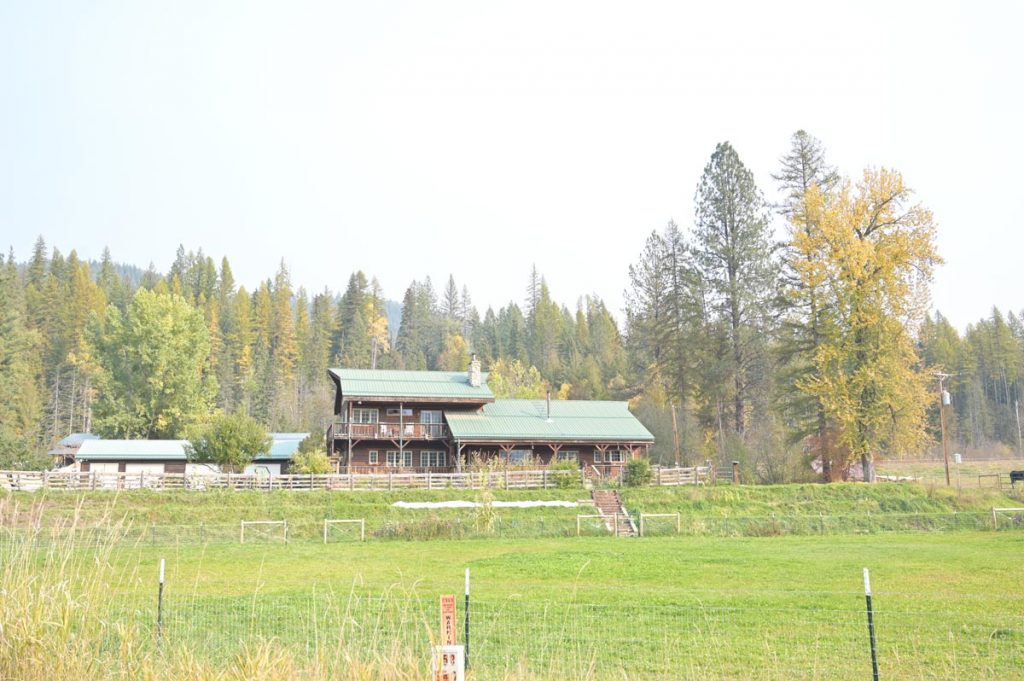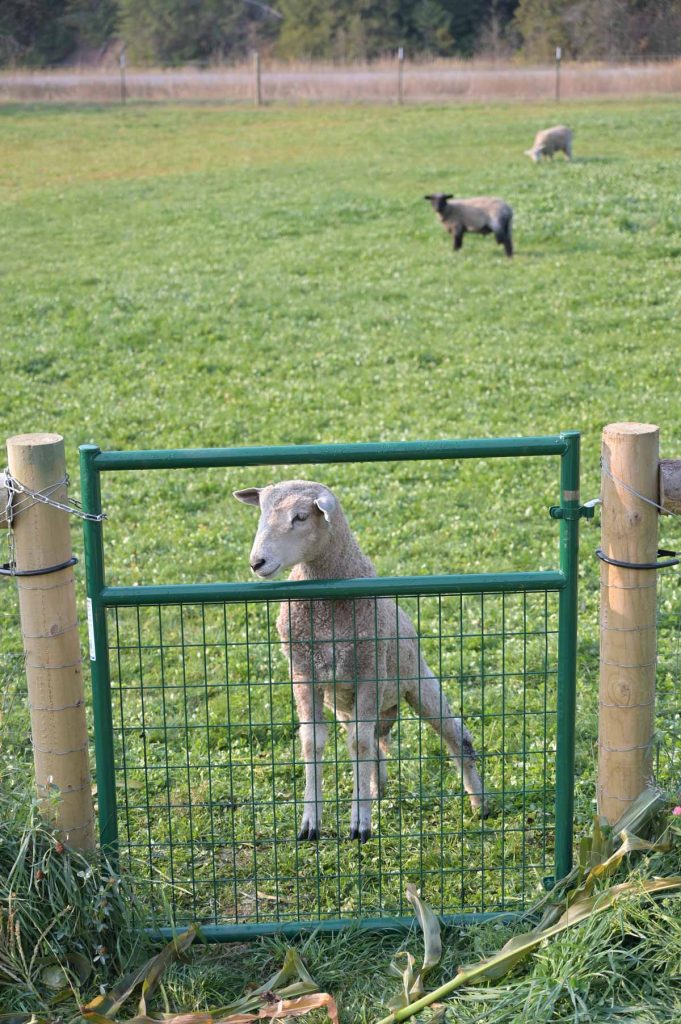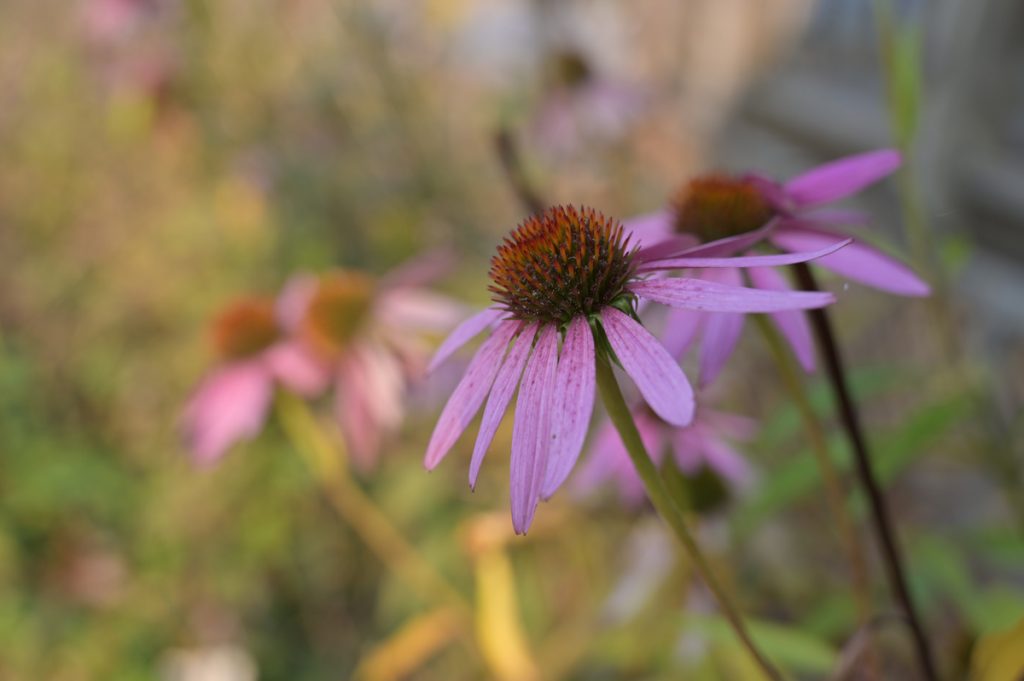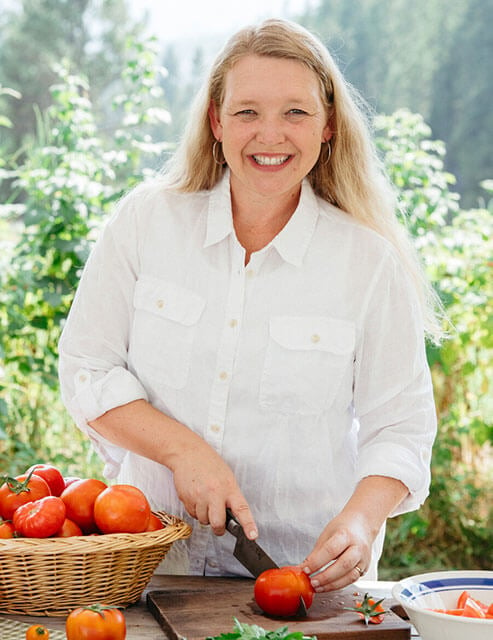There are tips for moving to a rural area you should know. These are unspoken rules you’ll want to consider to keep your neighbors happy. If you’ve been wondering how to transition to rural life, these tips are for you.

If you’ve lived in the countryside for a while, you certainly know what it’s like when “new people” move in who aren’t aware of the ways of country living. The fact is, sometimes these “new people” just aren’t aware of the unspoken rules of rural living.
If this is you, let’s go over some rules you need to know to fit in well with your new community.
The first thing you’ll need to do is find a homestead. You can read this post on how to buy a homestead property, this post on how to finance a homestead, this post on the first things to do on your homestead property, and this post on the ten things we wished we knew before starting to homestead.
Once you’re ready to move, the following tips are for you.
Unspoken Rules for Living in a Rural Area
There are some unspoken rules about rural living. If you’re thinking about or have already moved into a rural community, these rules are important to consider:
- You are your own responsibility.
- Be prepared to take care of others in your community.
- Know the difference between a friend and a neighbor.
- Get your fences fixed.
- Keep your gas tank half full at all times.
- Prepare for emergencies to take longer.
- Meet the neighbors.
- Keep your ears open and your mouth shut.

You Are Your Own Responsibility
When you move out into the country, you are your own responsibility. Don’t expect someone else to take care of your needs. Be prepared for yourself and be the one available to help others.
Sometimes newcomers to a community expect others to take care of them with the things they didn’t know about, but this isn’t a good expectation to have.
Your neighbors will likely be friendly when they first meet you. They may even say they’re available to help with anything you need. But they’re probably watching you, testing you and learning a lot about you. They expect that you’ll generally be able to take care of yourself if you’re going to be a good neighbor.
So be prepared ahead of time to fit in well and make your neighbors happy you moved into the area.

Be Prepared to Take Care of Others in Your Community
This rule may sound contrary to rule number one, but there comes a time in all our lives when we’ll need our neighbor’s help. This should be the exception, not the rule!
We’ve talked a lot in the past about how to be prepared. Whether that’s being prepared for natural emergencies, stocking your pantry well for winter, stocking your barns with extra feed, and even keeping a few extra freezer meals on hand, these are all great ways to be an active member of your community and help out when the need arises.

Know the Difference Between a “Friend” and a “Neighbor”
In a big city, it’s pretty normal only to know some of your neighbors, but you don’t necessarily call them all friends.
This is important to consider when moving to a more rural area. Your neighbors might be very friendly when they first meet you, but this doesn’t equate to being “friends.”
Friends are people who you feel comfortable with. You’re in and out of their house frequently, and you don’t mind borrowing from them from time to time.
When it comes to neighbors, even friendly ones, it’s generally recommended to be the one loaning instead of the one borrowing.

Get Your Fences Fixed
This might be the number one rule when you first move to the countryside. Especially if you have children or dogs (or if your neighbors have children or dogs).
An old saying says, “Tight fences make good neighbors.” This is absolutely true when it comes to living in rural areas. Don’t be the neighbor that allows your homestead dogs to roam freely, harassing the neighbor’s chickens. This will instantly cause division and strife where there doesn’t need to be.
If you don’t have the time or finances to put up a fence, be sure to use a kennel or a leash to keep your animals where they need to be.
There are enough accidents when it comes to raising livestock and other animals, so let’s leave the accidents to true accidents and not something that could have been avoided.
Keep Your Gas Tank Half Full at All Times
In an emergency, you’re always going to be glad for that half tank of gas. The last thing you want to do on an emergency trip to the hospital is to have to stop for gas on the way.
This is also a good practice during the winter months if you happen to get caught on the side of the road with a flat tire. You’ll be glad for that half tank of gas to keep you and your family warm until that tire is replaced.

Prepare for Emergencies to Take Longer
In the case of an emergency, living in a rural area means it takes emergency help longer to get to you. Make sure you know what to do in case of an emergency until help arrives.
This also means, in situations like natural disasters, or large snow storms, that your property may be the last one for the city to worry about. Make sure you’re prepared to handle short or long-term power outages and other emergencies, so you and your family stay safe.
This brings us back to rule number one that you are your own responsibility. Get your first responders certificate, learn basic CPR, have emergency herbs on hand, and start growing a medicinal herb garden so you can keep your family prepared when emergencies arrive.

Meet the Neighbors
In a perfect world, whenever someone moves into a new community, the neighbors would reach out with a warm welcome. But this doesn’t always happen.
So be the one who reaches out. Bring your neighbors cookies or a jar of homemade jelly and introduce yourself. Don’t expect your neighbors to do the greeting, they likely have their plates full already.
More importantly, be sure to exchange contact information, so you know how to get ahold of each other if the need arises.
Meet the Community
A great way to meet the community is to get involved. Some of the best places to volunteer would be with the volunteer fire department or local search and rescue. They generally know what’s happening in the community, and you’ll learn a lot very quickly.

Keep Your Ears Open and Your Mouth Shut
Before you jump in with politics or try to get things changed in your community, I recommend you live there and observe for a full year first.
It can be frustrating to locals who have lived in an area for a long time to have new people come in and try to make changes before they know and understand how the community works.
Bottom line, moving into a new community can be a fantastic thing. Knowing these unspoken rules ahead of time can set you up for success.
More Posts You May Enjoy
- How to Buy a Homestead
- How to Get Started Homesteading
- Apartment to 40 Acres – Our Homesteading Journey
- Our Journey With Glyphosate Toxicity
- How to Buy a Homestead – What To Know Before You Buy
- How to Finance Your Homestead
- 7 Things You Must Do On Your New Homestead
- How to Pivot When Things Go Wrong on the Homestead


















